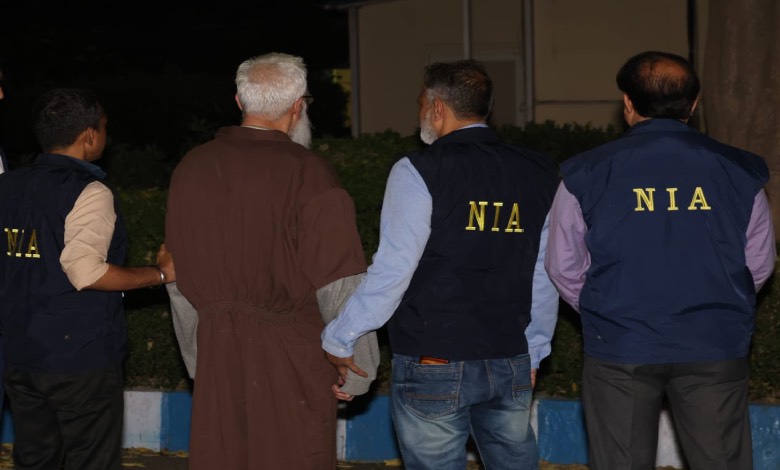Delhi Court Grants NIA Permission to Collect Evidence from 26/11 Mumbai Attack Suspect

New Delhi: A Delhi court has authorized the National Investigation Agency (NIA) to obtain voice and handwriting samples from Tahawwur Hussain Rana, a key suspect in the 2008 Mumbai terror attacks. The decision, made by Special NIA Judge Chander Jit Singh, allows the agency to advance its investigation into Rana’s alleged role in the devastating attacks that claimed 166 lives.
Rana, a Pakistani-origin Canadian, was extradited to India from the United States on April 10, 2025, following the U.S. Supreme Court’s rejection of his appeal against extradition on April 4, as reported by PTI. He is currently in NIA custody, where the agency has been interrogating him to uncover details of the conspiracy behind the 26/11 attacks. The NIA alleges that Rana collaborated closely with David Coleman Headley, also known as Daood Gilani, a U.S. citizen and primary conspirator who conducted reconnaissance for the attacks orchestrated by the Pakistan-based Lashkar-e-Taiba (LeT).
The court’s approval for collecting voice and handwriting samples is a critical step for the NIA, which aims to match these samples with existing evidence, such as call recordings, to corroborate Rana’s involvement. The agency has faced challenges due to Rana’s reported lack of cooperation during interrogations, as noted in prior court proceedings. On April 28, 2025, the same court extended Rana’s custody for an additional 12 days, citing the need for further questioning to extract vital information.
Representing the NIA, Senior Advocate Dayan Krishnan and Special Public Prosecutor Narender Mann have been leading the legal efforts, while Advocate Piyush Sachdeva from the Delhi Legal Services Authority represents Rana. The investigation continues to focus on Rana’s alleged ties to LeT and Pakistan’s Inter-Services Intelligence (ISI), as well as his role in facilitating Headley’s activities, including securing a visa and creating a false identity for travel to India.
